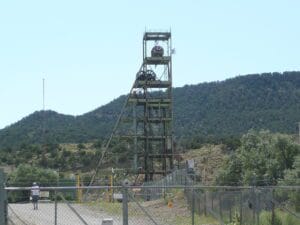
Precise Environmental Solutions for Uranium Tailings Remediation
Ensuring Compliance and Efficiency in Uranium Tailings Remediation The Homestake Mining site in Grants, NM, faced significant environmental challenges due to the spread of uranium


Ensuring Compliance and Efficiency in Uranium Tailings Remediation The Homestake Mining site in Grants, NM, faced significant environmental challenges due to the spread of uranium
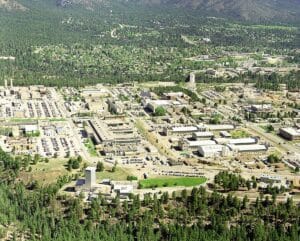
Precision Environmental Mapping at Los Alamos National Laboratory Using advanced GPS and GIS technologies, Anderson Psomas delivered cutting-edge solutions for contamination characterization at Los Alamos
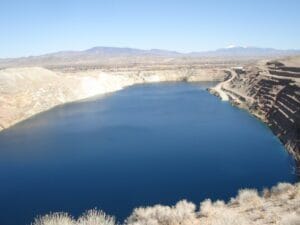
Groundwater Recovery at the Anaconda Copper Company Site The Anaconda Copper Company site in Yerington, Nevada, faced significant environmental challenges due to groundwater contamination from

Great Falls Copper Refinery Remediation: A Comprehensive Environmental Solution Introduction: Addressing Contaminated Sites with Expert Remediation The Great Falls Copper Refinery, a century-old industrial facility,
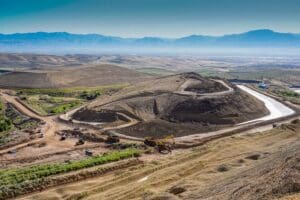
Comprehensive Soil Remediation for Environmental and Regulatory Success Anderson Psomas’s work at Rio Tinto Kennecott exemplifies cutting-edge soil remediation technologies and environmental management. Decades of
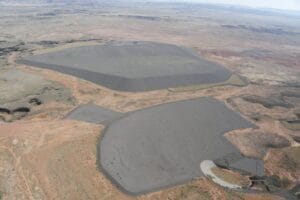
Introduction The Bluewater Uranium Mill, located near Grants, New Mexico, operated as a significant uranium processing facility from 1953 to 1982. While the site played